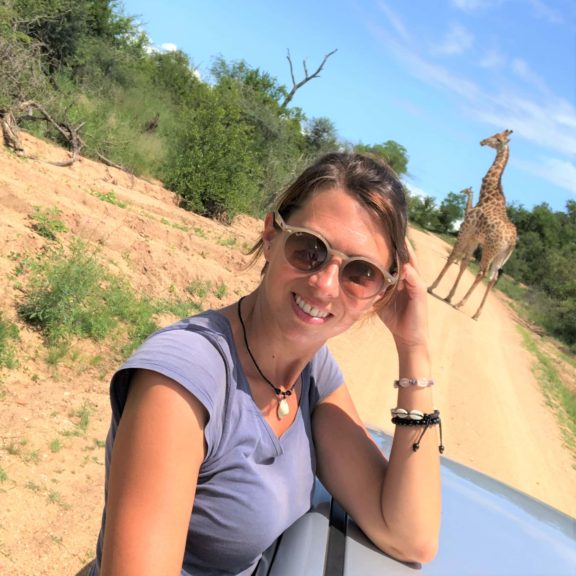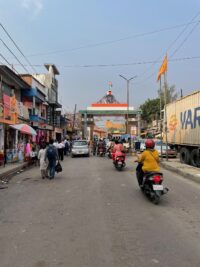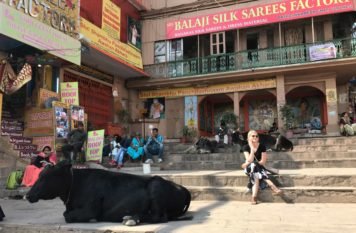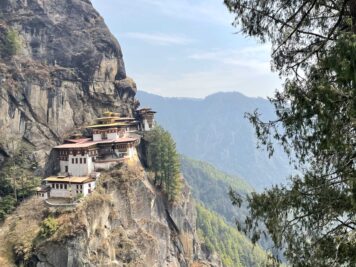Moving south from Vic Falls, we made our way to Masvingo. Lonely Planet describes Masvingo as ‘an appealing little town to pass a few days in’ but I can’t believe that the author has in fact ever been to Masvingo, unless it was a typo and they meant to say ‘appalling’. However, it’s a town, and we went there on purpose to visit the nearby site of Great Zimbabwe.
Great Zimbabwe is the most important and best preserved example of a medieval city (11th to 14th century) in sub-Saharan Africa. Colonial governments spent almost 100 years trying to ascribe the origins of the ruined city to anyone else at all besides the local Bantu people, unwilling to accept that an ancient civilization in Africa reached such a level of sophistication on its own.
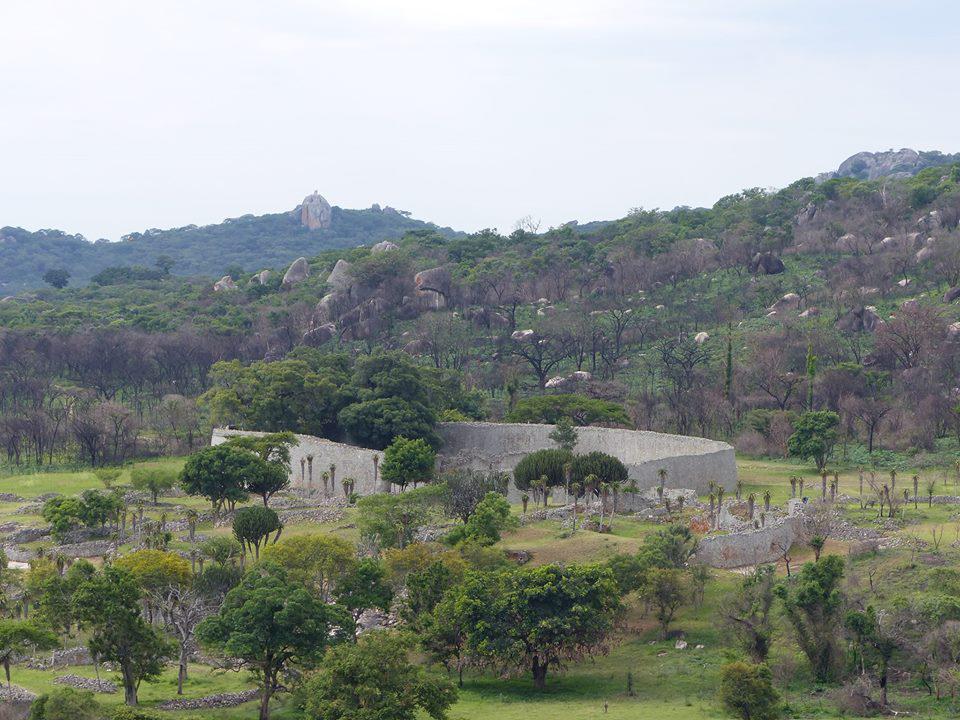
Similar cities were built all over the realm. They are all called ‘Zimbabwes’ and vary in size and significance. The word zimbabwe means ‘Great Stone House’ and this one is the biggest and greatest of them all.
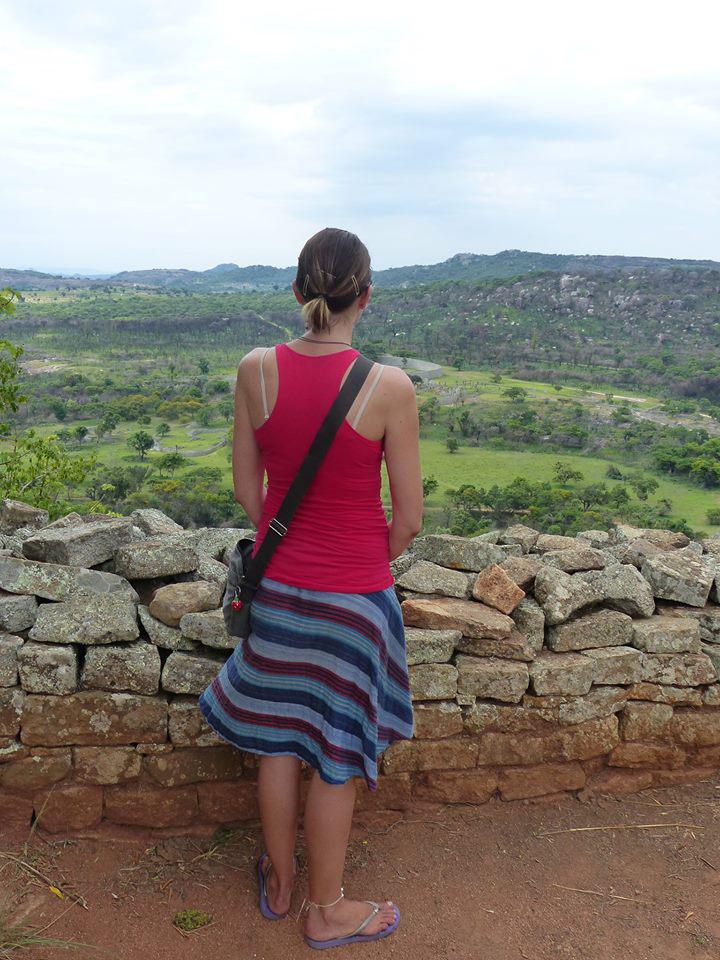
As the capital of a large region stretching into modern-day Botswana and Mozambique, the city rose steadily in power but its population eventually outgrew it and by the time the first wave of Europeans arrived the 1500s, it was already abandoned.
In 1980, when the country-formerly-known-as-Rhodesia finally achieved independence from Britain, it was these ‘Great Stone Houses’ which inspired their brand new name. Bet you didn’t know that. We sure didn’t, till we spent a morning scrambling all over these old ruins high up on a steep hillside.
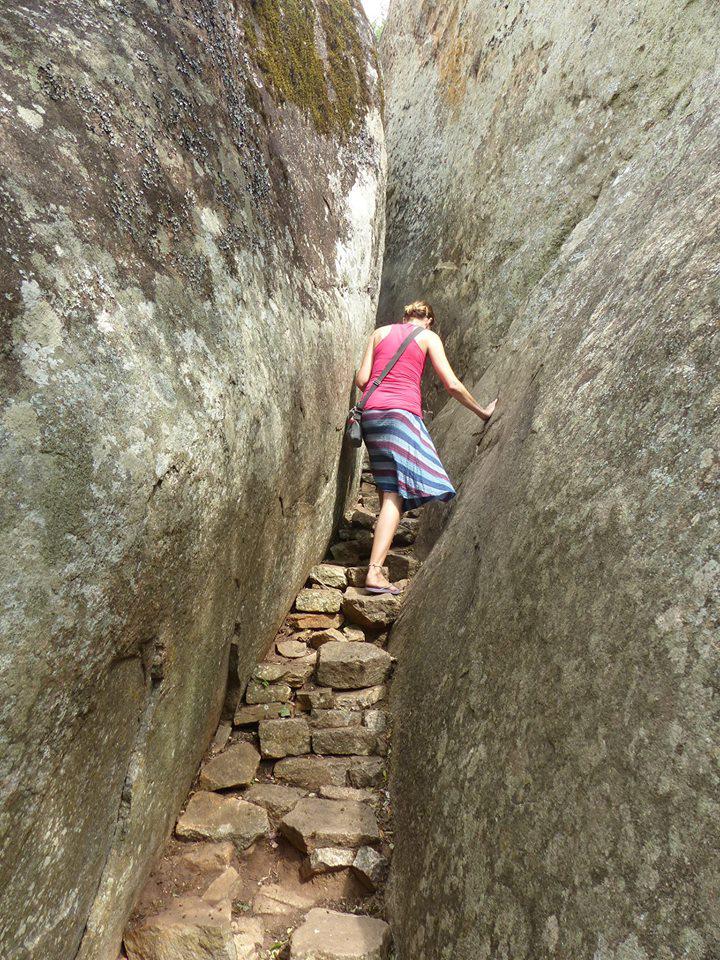
But we learn something new every day.
Almost ever since the country gained its independence, the evidently immortal (he’s 92 and going strong) and definitely immoral Robert Mugabe has ruled Zimbabwe by force, stealing elections, confiscating land and relentlessly persecuting his own people with unsustainable taxation and violent suppression.
Here in Zimbabwe is where we first started to meet white Africans, but today there don’t seem to be many left living here; we didn’t see any white kids on their way to school or even really any white person who didn’t look as though they had personally helped Cecil Rhodes to establish the colony in the late 1800s. We asked about this at one of the guest houses we stayed at. The owner told us there are no more opportunities in Zimbabwe and so the people who can afford it, or who have a British passport handed down from their parents, have packed up and left. Many people left behind are without future prospects under Mugabe’s corrupt leadership, nothing to do about it and no chance for escape.
At one point Zimbabwe was in such dire financial straits that Mr. Mugabe addressed the situation by printing money wildly, inflating the currency until it collapsed completely and now they use the USD instead. The old worthless money printed in denominations of millions is just a souvenir to flog to travellers. Things are pretty expensive here and life is hard for a lot of locals. The police like to stop vehicles for made-up infractions and so ‘fundraise’ to supplement their salaries. A few days ago when we were out walking in the mountains, we hitched a ride in the back of a truck with 5 police officers, also hitching. A police force that has to hitchhike probably does not pay its officers well.
Maybe the great stone house is in need of some repairs.
To make matters worse, together with the rest of Southern Africa, Zimbabwe is in the grip of a severe drought which will hit the farmers badly. This is the rainy season, but we’ve hardly seen any rain at all.
Until Mutare, that is, in the eastern highlands, where we learned the hard way not to leave home without our ponchos. Swathed past the knee in camouflage and olive green, rain covers stretched over our backpacks, we look like walking military tents but this is not overkill.
The first time we were caught in the rain some friendly guys working nearby opened the back door on their truck and called for us to jump in. We huddled in there all together, watching the rain pour down and flood the streets like a dam had burst. The rains break the heat though, and unlike the monsoon season in parts of Southeast Asia, showers usually come in short heavy bursts – it doesn’t rain all day.
At some point we realized that neither one of us liked Zimbabwe very much. We were surprised, as we’d expected to like it a lot. Don’t get me wrong, the people are lovely and kind. We stayed at some really great guesthouses and I did a lot of our own cooking in their kitchens (this may not sound like a holiday highlight but we’ve been on the road for a while and a home cooked meal is now officially a treat).
We met some interesting travellers, like a group of American missionaries who’d recently been in Greece helping with the current refugee crisis. And Oyv made this adorable friend:
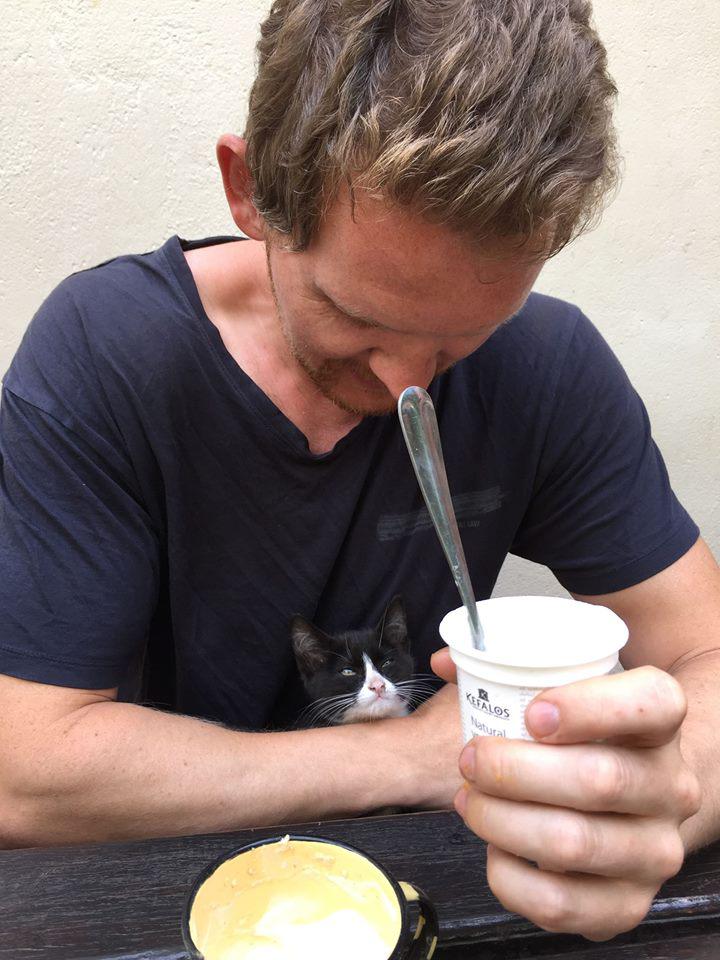
But the places we visited felt a bit soulless, semi-deserted, and often bore resemblance to a rundown strip mall with fast food joints and supermarkets.
So I don’t know if it was the timing or maybe it was just us. Maybe it was sadza – a maize porridge that makes an appearance at every meal, as a runny gruel at breakfast and thickening up to the point where you can eat it with your hands, at lunch and dinner. But we just didn’t click with Zim.
As I sat partially in the driver’s lap in a hilariously overcrowded ‘share taxi’, Oyv hunched in the back seat with three other adults and a child, all of us sweating profusely, it occurred to us that a break would be nice.
We were starting to develop some weird habits – eating with our hands even when cutlery was available; always trying to share the same seat; getting into a vehicle and automatically cramming ourselves into the furthest corner like two little rabbits, even if it was still empty. I found myself looking jealously at a woman ahead of me in a minibus and wondering how she’d gotten ‘her own seat’, even just for a few minutes. Not her own row, just a seat to herself.
So we picked up our pace, and got our visas for Mozambique.
Read More
For more of our adventures (and misadventures) in Zimbabwe, check out the rest of my stories from the road.
